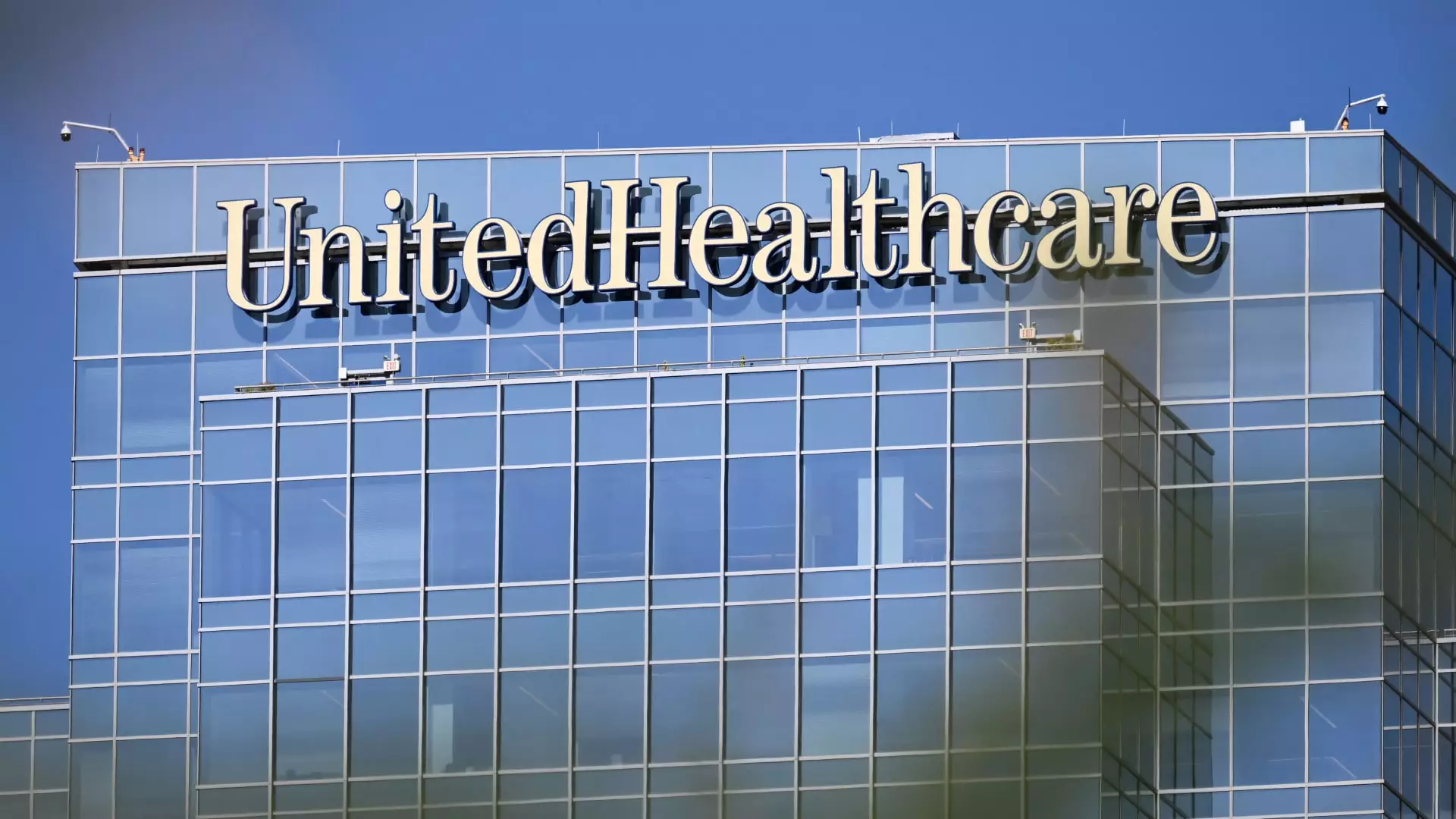In a significant turn of events for one of America’s largest health insurance companies, UnitedHealthcare has appointed Tim Noel as the new CEO following the tragic death of its former executive, Brian Thompson. This appointment unfolds in a climate of heightened scrutiny and unrest within the healthcare sector, intensifying calls for reform and prompting critical discussions about the industry’s structure and practices.
Noel, who previously served as the head of Medicare and retirement, ascends to this pivotal role at a time when the company grapples with reputational damage stemming from Thompson’s murder in Manhattan last December. The transition resonates beyond a mere change in management; it symbolizes the company’s urgent need for stability and innovation as it seeks to address the fears and frustrations highlighted by recent events. UnitedHealth Group, the broader entity under which UnitedHealthcare operates, represents an essential player in the $480 billion U.S. health insurance landscape, making the leadership of Noel critical not just for the company but for the wider healthcare community as well.
The healthcare industry is facing an unprecedented wave of challenges intensified by an economy still recovering from the fallout of the COVID-19 pandemic. As more seniors turn to hospitals for postponed treatments, the costs associated with Medicare Advantage plans, a significant segment of UnitedHealthcare’s offerings, have surged dramatically. OzunitedHealthcare serves approximately 13.7 million Medicare beneficiaries, a substantial portion of this demographic that is now confronting rising medical expenses.
Noel’s expertise in managing Medicare and retirement programs places him in a strategic position to tackle these issues head-on. Yet, the complexities surrounding Medicare Advantage pose lingering uncertainties. The program operates under a model that incentivizes insurers to reduce costs while providing quality care—a balancing act that can often lead to profit-driven decisions conflicting with patient needs. Understanding this intricate landscape will be paramount for Noel as he leads the company forward.
In the aftermath of the shocking violence that claimed Thompson’s life, the broader insurance industry has responded by enhancing security measures for executives. The normalization of heightened security not only reflects the alarming realities of the current environment but also underscores the fragile state of trust between healthcare providers and their stakeholders. The removal of executive profiles from company websites represents a significant shift in how health organizations view and manage risks, hinting at a larger cultural change within the sector.
As Noel steps into his role, he must consider the broader implications of this heightened security—and the message it sends to employees, partners, and consumers alike. The concern for personal safety merged with leadership roles could fundamentally alter how executives engage with their communities and clients.
CEO Andrew Witty articulated a stark reality in recent earnings calls: the U.S. healthcare system is in dire need of reform. The complexities, high costs, and confusion are bottlenecks that not only jeopardize patient care but also undermine the credibility of health insurance providers. The industry, depicted as a monolithic entity driven by profits, is grappling with public perception and consumer mistrust—elements that Noel and his leadership team must work diligently to restore.
The financial performance of UnitedHealth Group illustrates the balancing act between growth and ethics in healthcare. While record revenue figures exemplify success, the disconnection from consumer satisfaction remains evident, signifying an urgent need for introspection and genuine change. As the company anticipates further revenue growth in the upcoming year, it must prioritize a commitment to reform that aligns financial objectives with the wellbeing of the constituents it serves.
As UnitedHealthcare navigates through these tumultuous times under Tim Noel’s leadership, the company stands at a crossroads. The ensuing challenges from rising healthcare costs, public perception concerns, and security issues demand innovative solutions and proactive reforms. While the road ahead is filled with uncertainties, the potential for meaningful change exists. Under Noel’s guidance, the hope is that UnitedHealthcare can not only recover from the shadows of recent tragedies but also emerge as a beacon of trust and excellence in the U.S. healthcare landscape. The sanctity of care, affordability, and security remains at the forefront of this pivotal moment, presenting an opportunity to redefine the ethos of health insurance for generations to come.



Leave a Reply